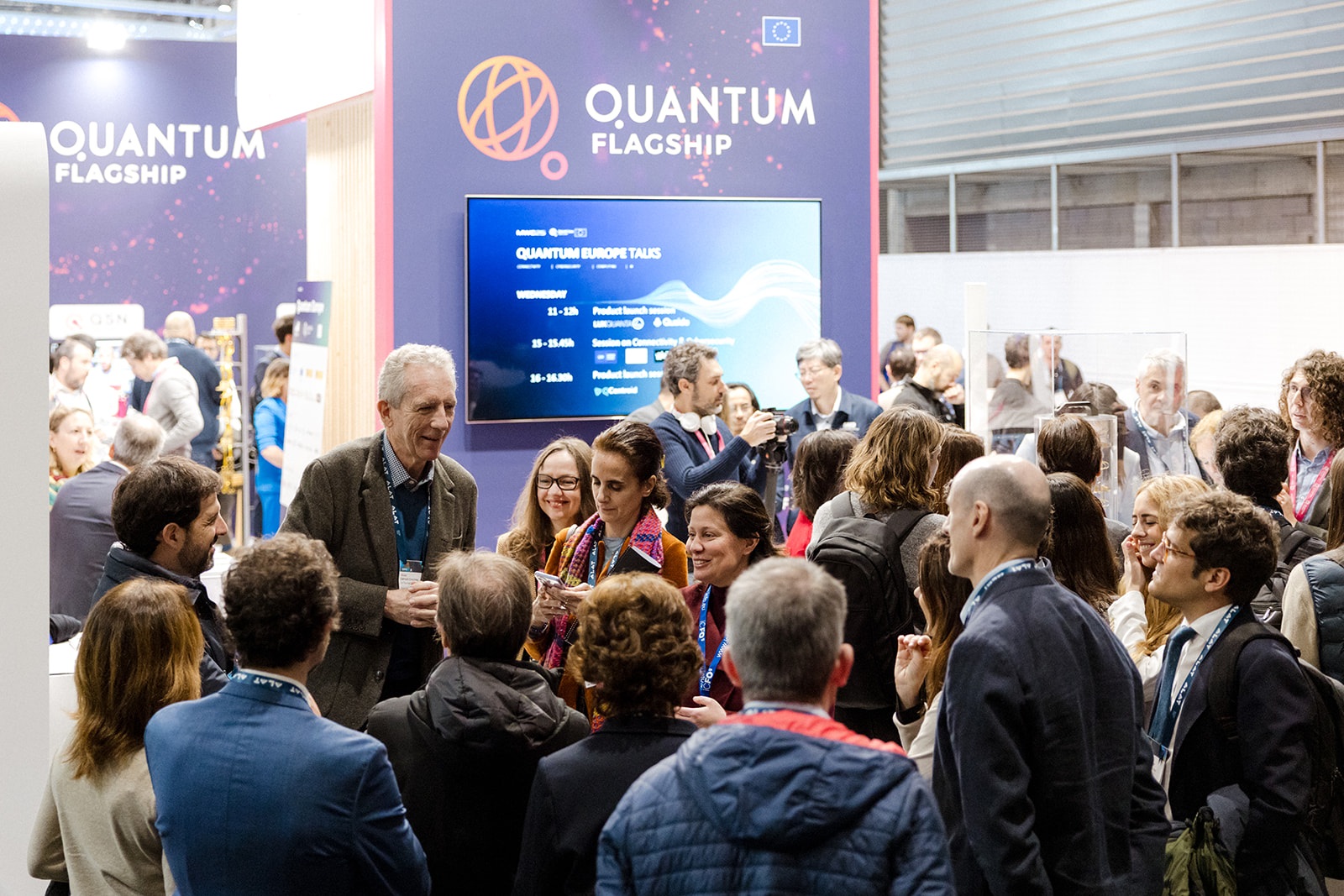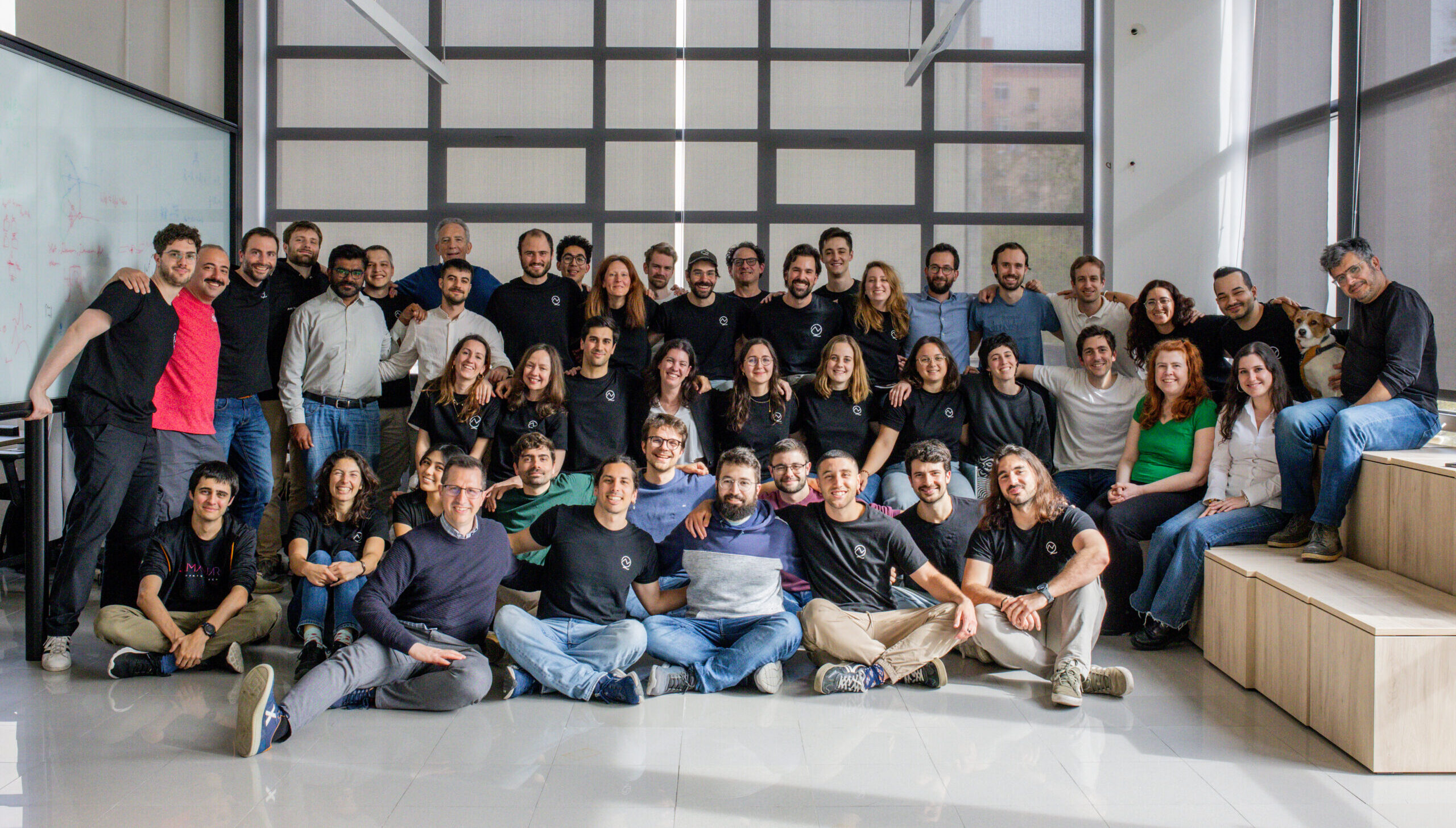Analogue quantum computing will arrive before digital quantum computing because it avoids the complexity associated with quantum error correction (QEC), which is essential in digital systems. While digital quantum computing requires complex error correction codes to counteract noise on qubits — a challenge that has slowed its progress – analog systems achieve greater robustness more naturally. By allowing control over the annealing rate, analog systems are able to protect the Hamiltonian gap, making them inherently more robust. This natural robustness allows analog quantum computing to advance more rapidly than its digital counterpart. Additionally, analog quantum systems are particularly well-suited to tackle challenges in simulation, optimization, and AI—areas that align closely with the demands of Smart Cities. As a result, we anticipate a wealth of new opportunities emerging at the intersection of these fields.
Smart Cities, on the other hand, produce vast amounts of data through their infrastructure and user activity, offering insights into traffic patterns, energy consumption, security needs, urban services, and more. This data drives large-scale optimization challenges, including traffic management, efficient energy distribution, and environmental resource allocation. Leveraging advanced modeling and AI, Smart Cities can use this data to make more intelligent decisions and enhance urban life.

Optimization of Transportation Networks and Traffic
Quantum computing is particularly suited for tackling large-scale optimization problems, such as managing urban traffic, where numerous variables need to be coordinated in real-time. Quantum algorithms could help find the most efficient routes for vehicles, reduce wait times at traffic lights and optimize the allocation of public transportation.
► At Qilimanjaro, we have addressed similar challenges, like finding optimal locations for a limited number of electric vehicle chargers to maximize user accessibility, while minimizing setup costs.
Energy and Intelligent Distribution
Energy networks in Smart Cities require efficient management of renewable sources and optimized distribution to minimize losses. Quantum computing could significantly enhance this process by optimizing resource allocation, predicting demand more accurately, and improving storage and distribution.
► At Qilimanjaro, we have partnered with multiple energy companies, including one that achieved up to a 70% reduction in computation time through our algorithmic solution.
Enhanced Artificial Intelligence for Automated Decision-Making
One of the key elements of Smart Cities is the capacity to make informed decisions based on the massive amount of real-time data they generate. By harnessing the power of artificial intelligence and quantum computing, there are significant opportunities for improvement.
► At Qilimanjaro, we are focused on developing AI models that consume less energy during training to address the high energy demands of current systems. We’re also working to make these models more compact without sacrificing accuracy.
Additionally, we’re actively involved in integrating quantum and classical computing, a promising trend that we expect will boost the accuracy of predictive models. This enhancement will allow AI to make faster, more efficient automated decisions in areas such as traffic management and urban security.
Resource management, Environment, and Sustainability
As cities expand, the challenge of efficiently managing water, waste, and other resources becomes increasingly complex. Quantum systems can optimize these networks, just as they do for traffic, energy, and telecommunications. This optimization can encompass a wide range of applications, from managing water pipelines to reducing food waste.
Sustainability is particularly important when considering the energy consumption associated with computing. Currently, supercomputers use energy comparable to that of thousands of homes and are often situated near or within urban areas. Given the significant computational demands required to operate a Smart City, choosing sustainable computing solutions will be essential in a future where energy resources are limited.
► In this regard, at Qilimanjaro, we align with other quantum computer manufacturers in the industry, noting that our projected energy consumption to achieve the computational power of current classical computers will remain several orders of magnitude lower than that of traditional systems.
🔗 Read more on our blog about quantum computing and its future role in sustainability.
Furthermore, advancements in quantum computing, particularly in materials science, will indirectly enhance urban infrastructure and energy efficiency through innovations in batteries and more effective solar cells.
The integration of quantum computing into Smart Cities holds the potential to address some of the most pressing challenges we face, from optimizing urban traffic to improving energy management and enhancing decision-making with AI.
With Qilimanjaro leading efforts in quantum computing solutions, we are on the verge of a revolution that will create smarter, more efficient, and sustainable cities. As technology continues to advance, the landscape of urban living will evolve alongside it.
Quantum Computing: A Path Toward Sustainable Innovation





